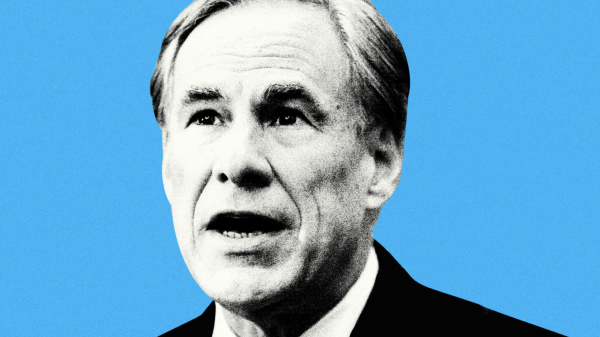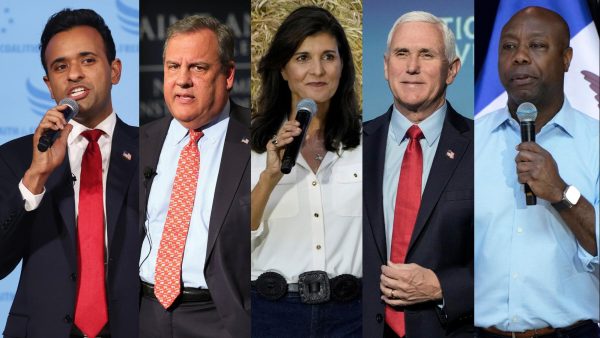Reviving Activism through World War Meme
March 3, 2020
When President Donald Trump launched a calculated strike on the Iranian Revolutionary Guard Corps killing head Qasem Soleimani, the media predicted catastrophe. Iran erupted into chaos, Washington drew battle lines, and long-ingrained memories of nuclear weapons and proxy wars resurfaced.
And for those too young to be involved? TikTok and Twitter held the answers.
Indeed, World War III was a trending hashtag on every social media site imaginable. But sifting through the news, in the center of polarizing articles and presidential Twitter blasts, one would see something borderline ludicrous: memes flooding the internet mere hours after Soleimani’s death.
So even within the foreboding implications of war, these memes capture the perfect balance of cynicism and humor of Generation Z. Some joke about the absurdity of sending “me and the emotionally unstable bois” to war [1]. Others appear as outrageously ironic, such as a girl who exhibits her eagerness to work in the kitchen in response to potentially including women to the draft. Since then, the post has garnered 387,000 likes.
Still, the memes have received criticism from a small but angry minority on Twitter. Disapproving users blame the “memers” for blatantly ignoring Middle Eastern innocents caught in the conflict. And since black users were at the center of creating these memes, racial lines began being drawn too, with “Black Twitter” being blamed for only mocking the government without taking meaningful political action.
But in general, the predominant emotion seems to be a kind of careless cheerfulness, particularly on TikTok, where trending #WWIII has over 1.6 billion views. One video displays a U.S. and Iranian soldier meeting on the battleground and becoming friends, accompanied by a Barbie soundtrack that sings “I’m just like you / You’re just like me / There’s somewhere else I’d rather be.” Out of context it’s ridiculous, but the subject matter gives it a heavy morbiness.
But despite the backlash they received, the memes convey a genuine underlying anxiety. Ever since the Cold War, it has been clear that modern warfare appears as quite tangled, involving a lot more proliferation and politicking than actual fighting. The TikToks depicting battlefields and armed soldiers symbolize a desire for convention, rejecting these politics altogether. So Generation Z’s response, forty years removed from the Soviet Union era, is an attempt to establish clarity amidst this upheaval. It pleads for simpler times, where war was a narrative rather than an ideological battle. It mocks both the cowardice and the brashness of American foreign policy, held together only by fragile strings of mutually assured destruction. It reflects the looniness of the president himself, who tweeted “All is well!” from his iPhone after the first missile strike. And above all, it is a coping method, that even if the world has devolved into uncertainty, at least Generation Z can stumble through this uncertainty together.
This is a generation that has been repeatedly ridiculed for TikTok obsessions and the highest mental illness rate in human history. But this is also a generation brought up by striking wealth disparities, urgent climate issues, and a Middle East that has never seen peace, none of which they were a part of manufacturing. So if World War III memes are a way to regain control of this turbulence, then so be it. Grown-ups will mistake their cynicism for laziness and humor for entitlement, but when it comes down to it, Generation Z is actively using its voice. And until they are old enough to hit the ballots, they will continue to do this in a familiar way, two hundred and eighty characters and fifteen seconds at a time.
[1] https://www.vox.com/2020/1/17/21065113/world-war-3-memes-iran-2020-saleem-alhabash-interview


